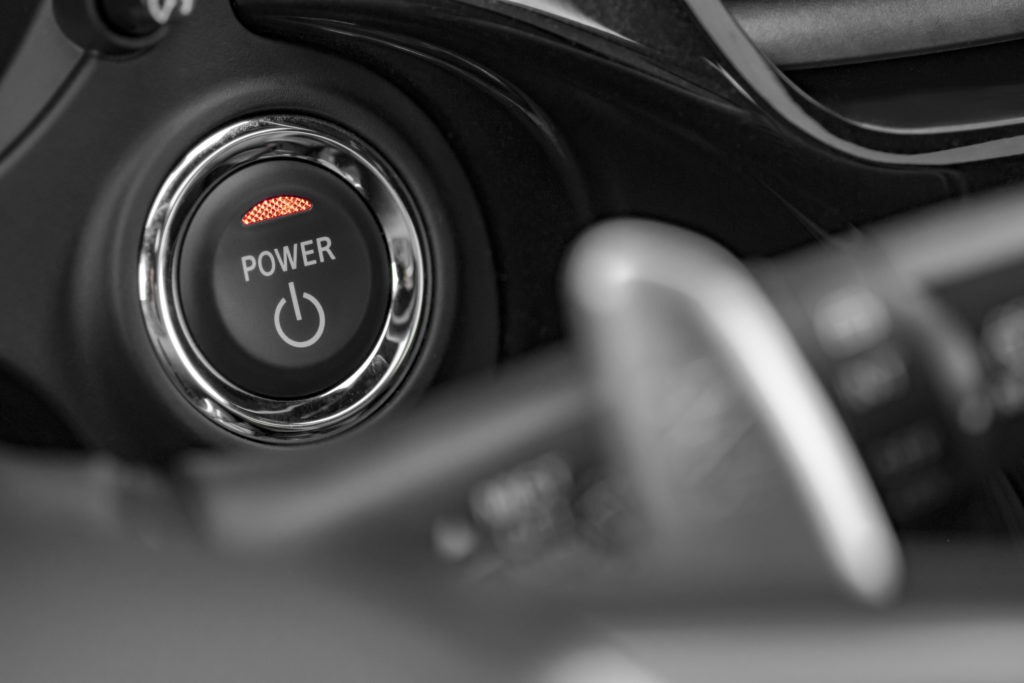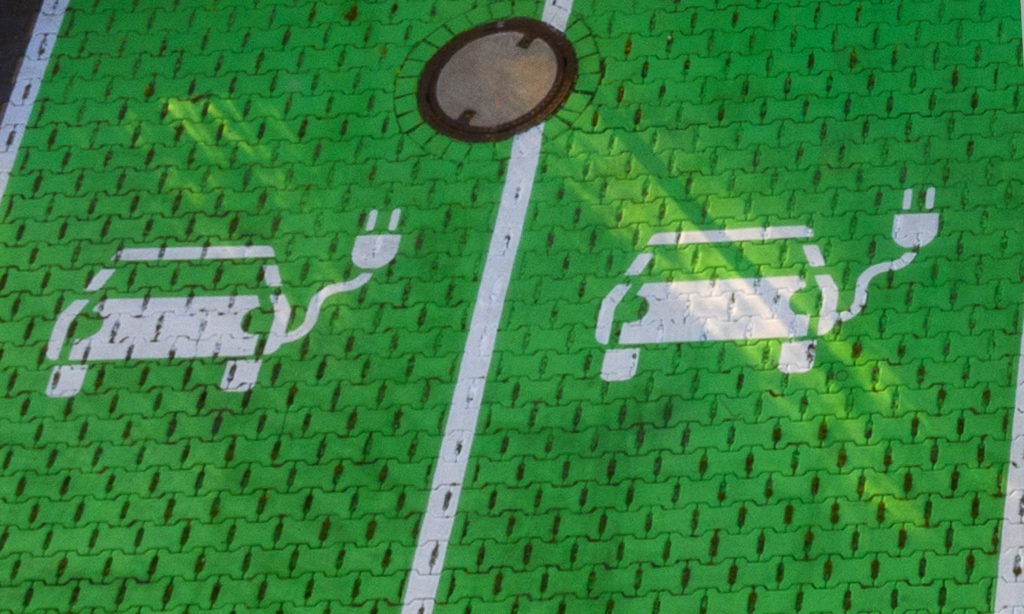December 2021 ends another rollercoaster year for EU new-car market
19 January 2022

December 2021 marked the sixth consecutive month of decline for the EU new-car market, recording only 795,295 registrations. This equates to a decline of 25.4% compared with the same month in 2019. Now totalling 9.7 million units, 2021 was down 25.5% (3.3 million) against the 13 million registrations noted two years previously.
These latest figures from the European Automobile Manufacturers’ Association (ACEA) see out another unpredictable year for the automotive industry. In 2020, the EU new-car market went on a rollercoaster ride of ups and downs. Lockdowns suppressed demand as showrooms shut and consumers stayed home.
This build-up was then released as lockdowns eased and registrations rocketed. These highs and lows make the figures from 2020 too volatile for a meaningful comparison. Instead, Autovista24 uses the data from a more stable 2019, which better represents the true performance of the market.
Highs and the lows
All the major EU markets suffered double-digit declines last month compared with December 2019. Italy plunged 31.1% (86,679 registrations), France fell by 25.1% (158,117), Germany dropped by 19.7% (227,630), and Spain suffered an 18.7% decline (86,081). Holding up their year-end figures against 2019, Italy saw 1.4 million registrations (-23.9%), France 1.6 million (-25.1%), Germany 2.6 million (-27.3%) and Spain nearly 860,000 (-31.7%).
Elsewhere in the EU, Ireland’s new-car market saw one of the worst December declines at 52.7%, recording only 106 registrations. However, this only made up a fraction of its yearly result which reached nearly 105,000 units (-10.6%).
Many other countries also saw severe monthly drops below 40%, including Estonia (-45.8%), Hungary (-45.8%), Lithuania (-45.4%), Slovenia (-43.2%), Sweden (-42.6%), and Cyprus (-41.1%). However, these December extremes did level off when averaged out across 2021. Compared to 2019 Estonia dropped by 16%, Hungary by 22.8%, Lithuania by 32.5%, Slovenia 26.3%, Sweden 15.5%, and Cyprus by 13.1%.
However, ACEA’s report revealed positive market developments for two countries. Both Iceland and Norway reported registration surges in December. The former was up 110.7% (1,237 units) against the same month in 2019, and the latter 82.2% (20,567 units). The two trend-bucking countries clearly enjoyed an exceptional month, as their yearly total also averaged off. Iceland saw 12,755 registrations in 2021 (up 8.9%), and Norway 176,276 (up 23.8%).
On-going issues
The pandemic continued to heavily disrupt the automotive market in 2021. As new variants emerged, countries across the world reacted in a number of different ways. Some locked down as quickly as possible, while others tried to operate as normally as possible. This made operations more challenging for the automotive industry as it tried to balance across a multitude of different local factors.
This was most evident across supply lines. Semiconductor bottlenecks held up production, meaning longer waits for showrooms and delayed customer deliveries. With these shortages expected to continue into this year, and possibly even 2023, this effect will likely dampen any hopes of immediate recovery. Reflecting on the outgoing year, carmakers seemed cautious, yet hopeful about electrification.
‘2021 was very challenging due to global semiconductor shortages, but we nevertheless consistently implemented our clear future course towards New Auto,’ said Christian Dahlheim, head of Volkswagen (VW) Group sales. ‘The doubling of our battery-electric volumes and the high demand for all our vehicles clearly show that we are on the right track. This is something we will build on in the current year and continue to drive forward our transformation.’
‘In a challenging year, Maybach, AMG and G-Class vehicles posted new records. Order intake for the EQS, the longest-range EV on the market today, is very encouraging and production of the first all-electric AMG kicked off in December, starting a new chapter for our electric flagship,’ said Britta Seeger, member of the board of management of Daimler and Mercedes-Benz responsible for marketing and sales. ‘This strong global demand for all our brands gives Mercedes-Benz the tailwinds to accelerate into a new electric era.’
‘Despite supply bottlenecks and the continuing coronavirus pandemic, we achieved a strong sales performance in 2021, thanks to a powerful operational performance and stellar product line-up. Our brands reported numerous all-time best sales results around the globe – spearheaded by the BMW brand, which is number one in the global premium segment,’ said Pieter Nota, member of the board of management of BMW responsible for customer, brands, and sales. ‘With more than 100,000 fully-electric vehicles sold last year, ramping up electromobility was our clear focus.’



